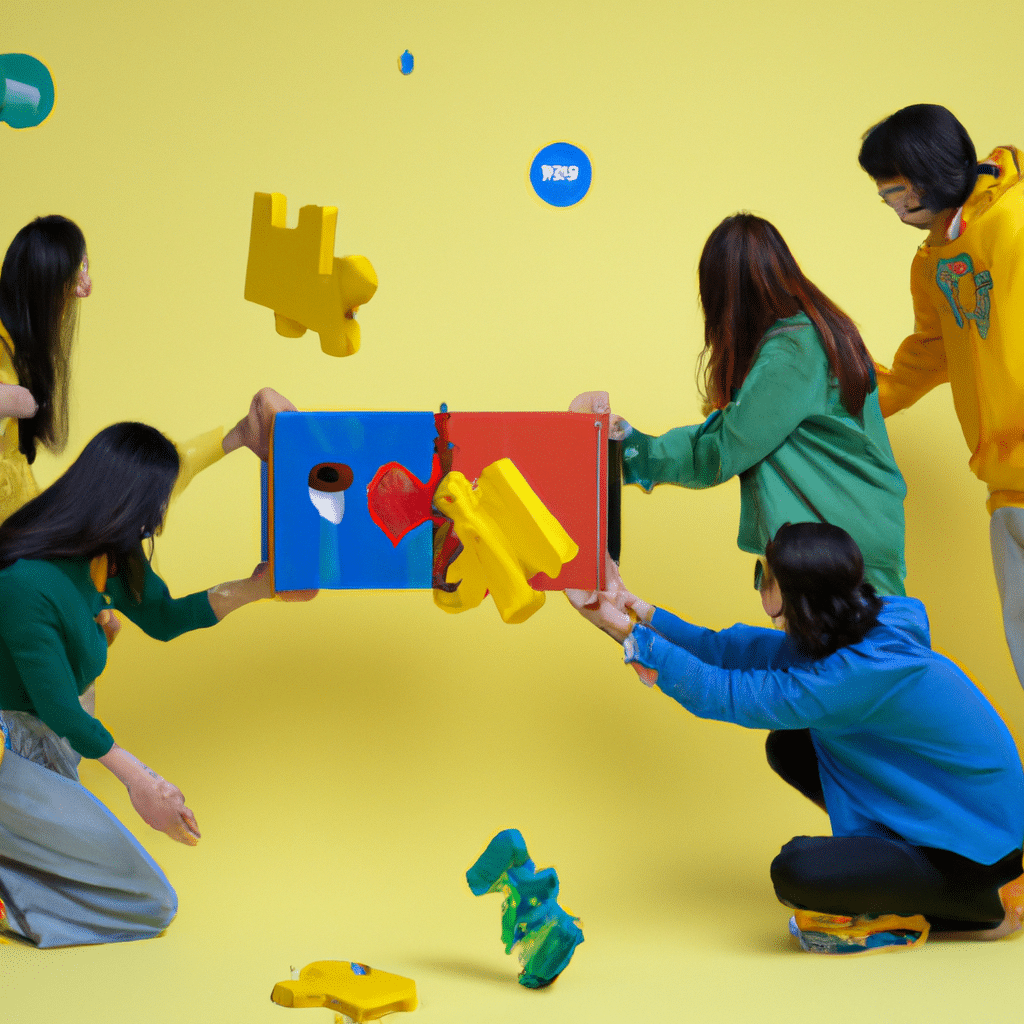Welcome to our comprehensive guide on breaking down the Korean language barrier! As avid travelers ourselves, we understand the challenges and frustrations that can arise when visiting a foreign country without being able to communicate effectively. In this article, we will provide you with insider tips and tricks for learning and navigating the Korean language, ensuring a smooth and enjoyable experience during your travels. Whether you’re planning a trip to Seoul, Busan, or any other beautiful destination in South Korea, this guide will equip you with the necessary tools to overcome the language barrier and make the most of your adventure.

Understanding the Basics
The Korean Alphabet (Hangul)
One of the first steps to conquering the Korean language barrier is familiarizing yourself with Hangul, the Korean alphabet. Unlike many other languages, Hangul is relatively easy to learn as it consists of 24 characters, each representing a distinct sound. The alphabet is phonetic, which means that once you understand the pronunciation of each character, you can read and pronounce words correctly. Taking the time to learn Hangul will not only enhance your language skills but also show respect to the locals and make a positive impression.
Essential Phrases and Vocabulary
To communicate effectively in Korean, it’s essential to learn some basic phrases and vocabulary that will come in handy during your travels. Here are a few essential phrases to get you started:
- Annyeonghaseyo – Hello
- Gamsahamnida – Thank you
- Ne – Yes
- Aniyo – No
- Jalmotaesseoyo – Excuse me
- Mianhamnida – Sorry
Additionally, learning numbers, directions, and common nouns such as food, transportation, and accommodations will greatly assist you in navigating daily situations. Practice these phrases and vocabulary regularly to build your confidence and improve your fluency.
Immersion and Practice
Language Exchange Meetups
One of the most effective ways to improve your Korean language skills is through immersion and practice. Seek out language exchange meetups in your local community or online platforms where you can interact with native Korean speakers. These meetups provide a valuable opportunity to practice conversational skills, learn colloquial expressions, and receive feedback on your pronunciation. Engaging in real-life conversations will not only enhance your language abilities but also expose you to different cultural perspectives.
Language Learning Apps and Resources
In today’s digital age, language learning apps and resources are readily available at your fingertips. Take advantage of popular apps like Duolingo, Memrise, and HelloTalk, which offer comprehensive lessons, interactive exercises, and language exchange features. These apps allow you to learn at your own pace, track your progress, and connect with fellow language enthusiasts. Additionally, online platforms such as Talk To Me In Korean and How to Study Korean provide free resources, including grammar lessons, vocabulary lists, and audio recordings, making language learning accessible and enjoyable.
Cultural Sensitivity and Etiquette
Politeness and Formality
In Korean culture, politeness and formality play a significant role in social interactions. Understanding the intricacies of Korean etiquette will not only help you navigate conversations but also show respect to the locals. Addressing individuals with the appropriate honorifics, such as using “yo” at the end of sentences when speaking to someone older or in a higher position, is highly valued. Additionally, bowing as a sign of respect, removing your shoes when entering someone’s home, and refraining from overly personal questions are all important aspects of Korean etiquette.
Non-Verbal Communication
Non-verbal communication is also a crucial aspect of Korean culture. Koreans rely heavily on facial expressions, body language, and gestures to convey messages. It is essential to be mindful of your own non-verbal cues and observe those of others to ensure effective communication. Maintaining eye contact, nodding to show understanding, and bowing appropriately are all gestures that can help you establish rapport and build positive connections with locals.
Where to Practice Korean in Korea
Language Schools and Programs
If you’re looking for a more structured approach to learning Korean, enrolling in a language school or program in Korea can be highly beneficial. These institutions offer intensive courses tailored to various proficiency levels, allowing you to immerse yourself in the language and culture. Language schools often provide a well-rounded learning experience, including classroom instruction, cultural activities, and opportunities to practice with native speakers. Some renowned language schools in Korea include Seoul National University Korean Language Education Center and Yonsei University Korean Language Institute.
Language Exchanges and Tutors
Another option to practice Korean in Korea is to join language exchanges or hire a private tutor. Language exchanges provide an opportunity to meet local Koreans who are interested in practicing English or other languages. Through language exchange, you can improve your Korean while helping others with their English skills. Hiring a private tutor allows for personalized instruction and tailored lessons based on your specific needs and goals. Platforms like Craigslist and local Facebook groups are excellent resources for finding language exchange partners or tutors.
Conclusion
In conclusion, breaking down the Korean language barrier is an achievable goal with the right mindset, dedication, and resources. By familiarizing yourself with the Korean alphabet, learning essential phrases and vocabulary, immersing yourself in the language through practice and cultural sensitivity, and seeking out opportunities to practice in Korea, you will be well-equipped to communicate effectively and make the most of your travel experience. Remember, the key to language acquisition is consistent practice and embracing the learning process. So, go forth with confidence and embark on your Korean language journey as you explore the beautiful country and its rich cultural heritage. Safe travels!
